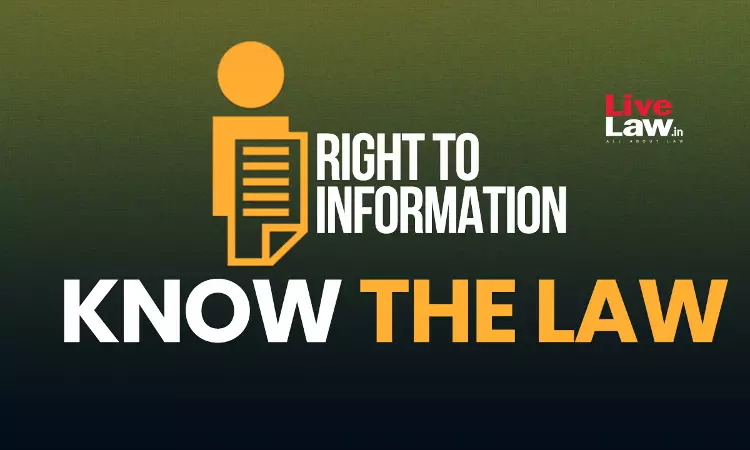Can Foreigners Seek Information From Authorities In India Under RTI Act? Explained
Sofi Ahsan
15 March 2023 5:18 PM IST

Next Story
15 March 2023 5:18 PM IST
Section 3 of the Right To Information Act states all the citizens shall have the right to information. While dealing with a case related to the RTI request of a Tibetan refugee, the Delhi High Court this week considered the question whether a non-citizen or a foreigner can also seek information under the RTI Act.Justice Pratibha M. Singh said that it would be inherently contradictory to hold...
